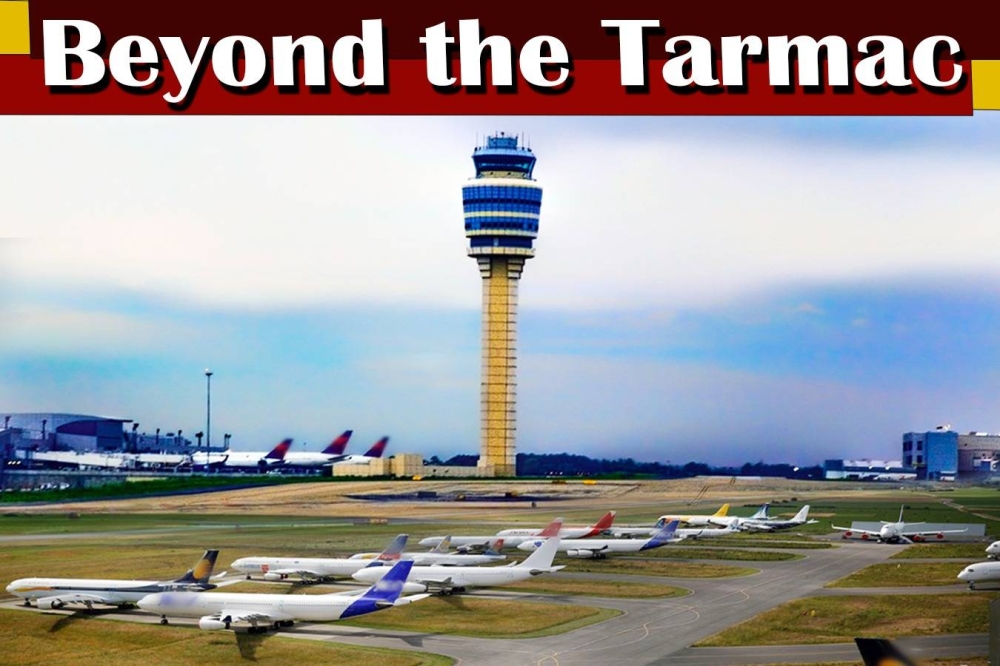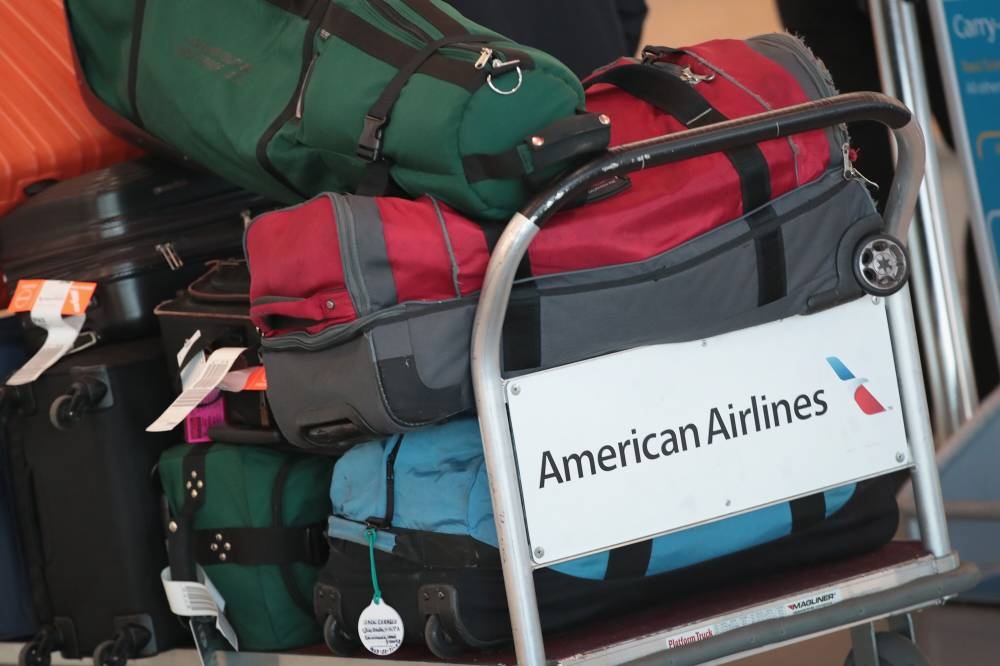
A recent study conducted by IdeaWorksCompany, a leading airline ancillary revenue consultancy, in collaboration with car rental firm CarTrawler, revealed that airlines worldwide raked in an estimated $33.3bn from baggage fees alone last year.
This comprehensive report, analysing revenue disclosures from some 120 major airlines globally, underscores the significant financial impact of ancillary charges on travellers.
Primarily focused on checked baggage, these fees also encompass additional charges for overweight bags and larger carry-ons. Notably, numerous North American carriers have recently upped the ante on checked bag prices, with higher fees imposed for last-minute or airport check-ins compared to online pre-flight arrangements.
Several carriers are encouraging customers to pay to check their bags ahead of their flight, an approach the airlines argue will free up employees at check-in areas and get travellers to their gates faster.
“Luggage fees are a big moneymaker for airlines”, according to CNBC. In the first nine months of 2023, US airlines brought in more than $5.4bn from baggage fees, up more than 25% from the same period of 2019, according to the Transportation Department’s latest data.
Airlines have argued that higher costs such as labour and fuel, their biggest expenses, mean they had to raise bag fees.
Some airlines are urging passengers to prepay for checked bags, citing streamlined check-in processes and expedited boarding as benefits.
However, these additional charges are becoming a “lucrative” revenue stream for certain airlines, with US carriers reporting a staggering $5.4bn in baggage fees in the first nine months of 2023 alone, a 25% increase from pre-pandemic levels.
While airlines argue that rising operational costs necessitate these fee hikes, industry experts caution that escalating baggage fees are driving more travellers to rely on carry-ons to avoid additional charges.
Consequently, overhead storage space becomes increasingly scarce, resulting in delays and passenger inconvenience during boarding.
"If you are charging for checked bags, you better start charging for carry-on as well," an official remarked.
"Otherwise, people are going to do the only logical thing...they are going to shift from checked bags to carry-ons, which are free."
The prevailing sentiment among experts suggests that the proliferation of ancillary fees, including baggage, seat selection, and priority boarding, substantially inflates the overall cost of travel, particularly impacting budget-conscious travellers and families. Budgeting for a trip becomes even more challenging when travellers are confronted with a myriad of potential add-on fees, often excluded from the initial ticket price, leading to unexpected financial burdens while travelling.
Moreover, the proliferation of diverse fee structures and add-on options often complicates the booking process, requiring travellers to navigate through various offerings and decipher associated terms and conditions.
The result is that travellers will have to navigate through various options and understand the terms and conditions associated with each add-on, which can be time-consuming and confusing.
This lack of transparency impedes travellers' ability to compare prices effectively and make informed decisions, resulting in frustration and dissatisfaction among passengers.
Pratap John is Business Editor at Gulf Times. Twitter handle: @PratapJohn


